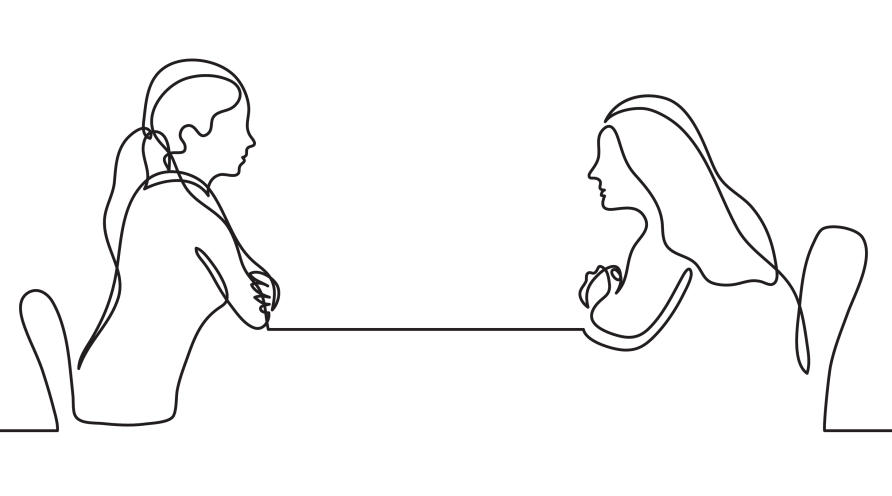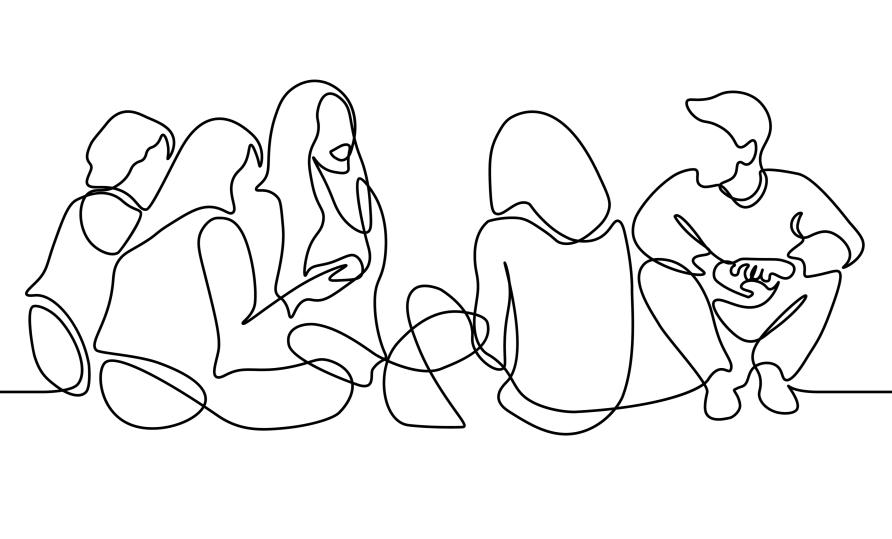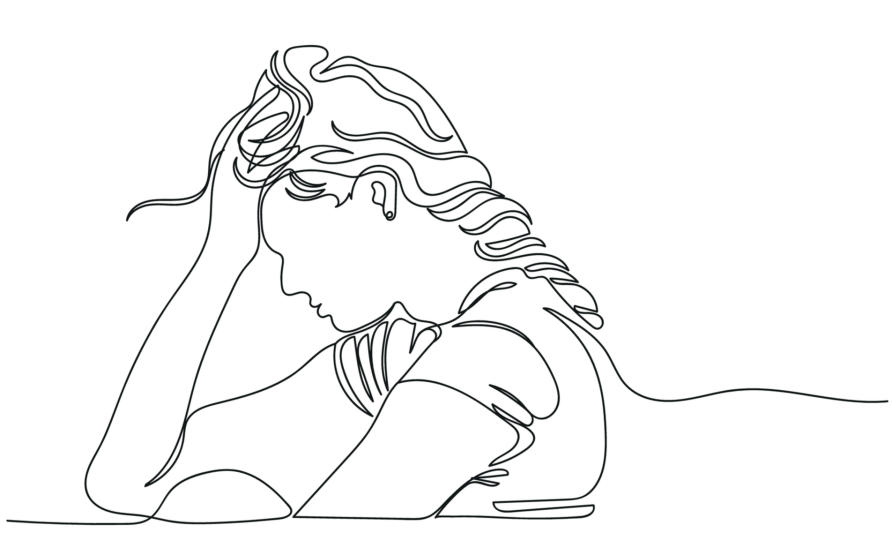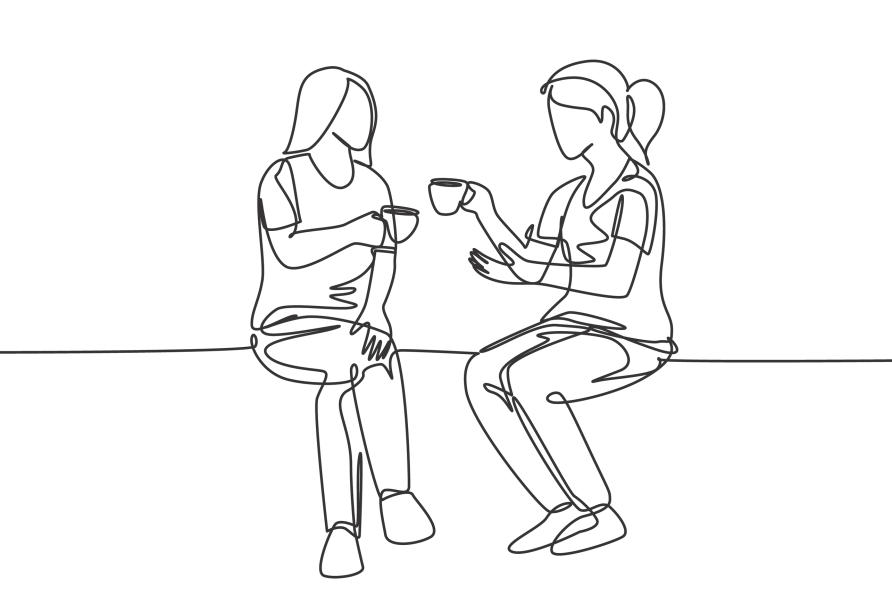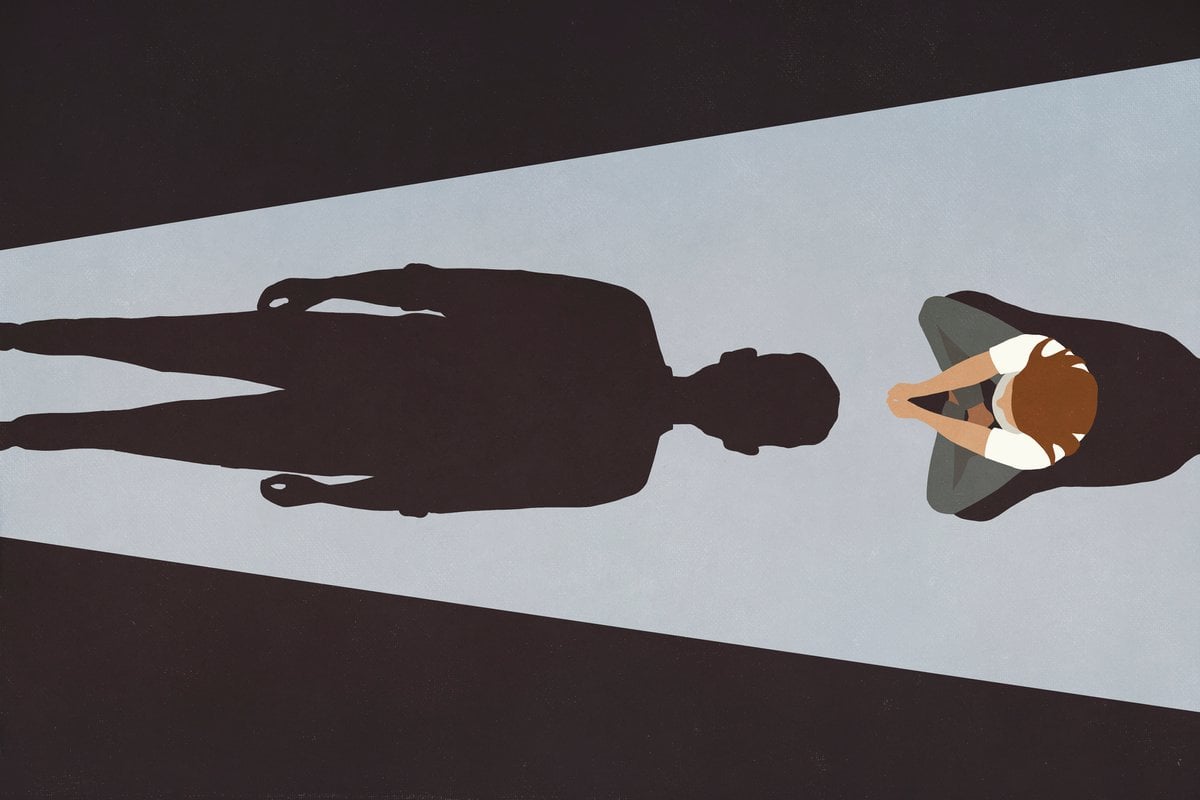
May is Domestic and Family Violence Prevention Month and, at Mamamia, we're sharing women's stories of bravery and courage. If you have the means, please donate to RizeUp to help women and families move on after the devastation of domestic violence.
This article discusses multiple forms of trauma, including sexual violence and assault, abuse and harassment, as well as the effects of this trauma on mental health.
One in four Australian women have experienced abuse from an intimate partner – and younger women are particularly likely to experience it. The chances are then that many of us know someone who is in an abusive relationship.
For young women experiencing abuse by a partner, their friends are the main people they talk to, but it can be challenging for friends to know how to respond.
